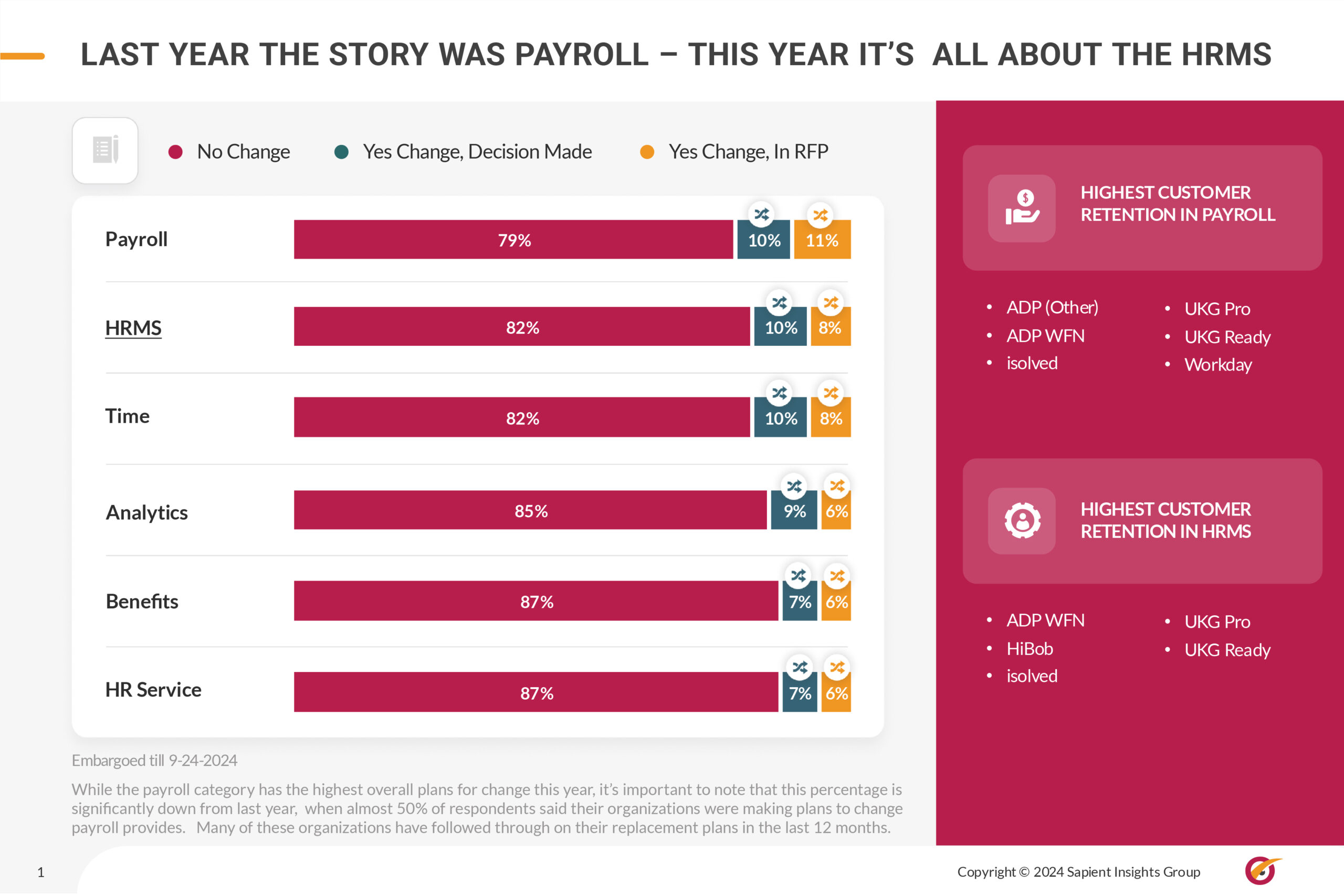2 Cents: Transformative changes reshape workplace practices
- Josephine Tan

Once, it was a mere imaginative concept—an HR department capable of crafting customised job postings for every candidate, efficiently sifting through numerous resumes within minutes, and designing individualised training programmes for each employee. However, in 2023, this vision has evolved into a tangible reality, but it is also more accessible than ever before. A growing number of professionals possess a certain degree of familiarity with its capabilities, and organisations, both large and small, are increasingly aware of and embracing this transformative technology.
This shift signifies that generative AI is no longer confined to the realm of imagination; it is a tool that is redefining the landscape of HR practices. In late 2022, when we were making predictions for the HR landscape in 2023, who would have anticipated that generative AI would take centre stage for the year?
The rapid advancements in this technology over a mere year underscore the dynamic nature of the HR industry, where innovative solutions swiftly become integral to our daily operations and workflows. As we navigate the ever-evolving HR terrain, it is crucial to remain mindful of the ongoing debates, concerns, and regulatory developments associated with generative AI.
In the US, President Joe Biden’s recent executive order on AI marks the US government’s first of its kind, focusing on safety, equity, and civil rights. It mandates new safety and security standards, requiring some AI organisations to share safety test results with the federal government, guiding AI watermarking, and establishing a cybersecurity programme. Additionally, it supports employees by studying AI’s labour market implications and ways the government can aid affected employees.
While the potential of generative AI is undeniable, implementing it thoughtfully, considering privacy and sensitive information handling, ethics, and compliance, is paramount. Generative AI is not just an option; it is a transformational force that has the potential to reshape how we approach HR in 2024 and the years to come.
As we venture into 2024, the HR landscape is marked not only by the impact of generative AI, but also by the rise of the term “skills-based hiring”, a trend that challenges conventional hiring practices. Traditionally, job applicants were often evaluated primarily based on their academic qualifications and formal certifications. With skills-based hiring, this approach recognises that a degree or certificate may not necessarily translate into the practical skills essential for the job. This allows employers to value candidates who can demonstrate their competencies through tangible examples, such as project portfolios and practical assessments.
By placing a premium on skills rather than degrees, organisations are widening their talent pool and ensuring a better alignment between employee capabilities and the dynamic demands of the business world. To make skills-based hiring a success, HR professionals have to rethink their recruitment strategies and develop new evaluation methods and tools that allow candidates to showcase their abilities effectively. Moreover, this shift necessitates a shift in mindset. HR departments would have to work closely with hiring managers to clearly define the specific skills required for each role and collaborate on developing assessments that accurately evaluate candidates in these areas.
READ MORE: 2 Cents: Creating a more flexible and inclusive hybrid workplace
Another rising trend in HR is employee total wellbeing. While employee wellbeing has always been a priority, moving forward, the concept of employee total wellbeing will mark a pronounced shift towards holistic wellbeing, encompassing more than just physical and mental health.
This approach acknowledges the multifaceted needs of employees and strives to create a supportive environment for their growth and fulfilment. Organisations are now extending their support to financial wellness, personal development, and stress management through initiatives such as financial literacy programmes, career development opportunities, and mental health support.
The HR landscape is undergoing a rapid transformation, driven by innovative technologies and evolving workplace trends. And as we step into 2024, HR professionals must embrace these trends and develop new strategies and capabilities to adapt to the changing landscape. By doing so, we can create a more inclusive and equitable workplace where employees can thrive, and organisations can succeed.






